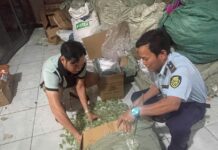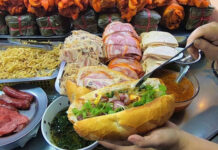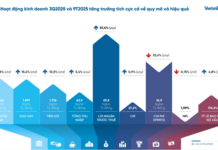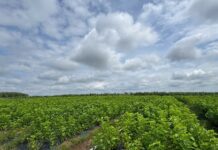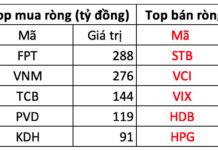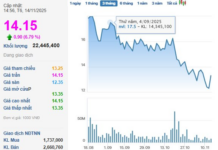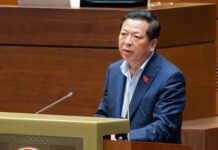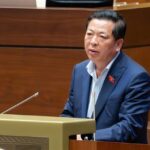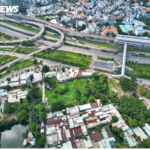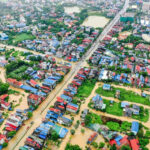“Unlocking” Agricultural Land’s Potential
Nguyen Van Dinh, a real estate legal expert, believes that
there is a lot of agricultural land currently lying idle and being wasted. He hopes that the 2024 Land Law will “unlock” the potential of this land by allowing for more flexible usage.
Mr. Dinh points out that when farmers combine agriculture with aquaculture or other business models, they often see much higher returns. For example, shrimp farming can bring in 30 times more revenue than rice farming, so many farmers are tempted to make this switch, even if it means bending the rules.
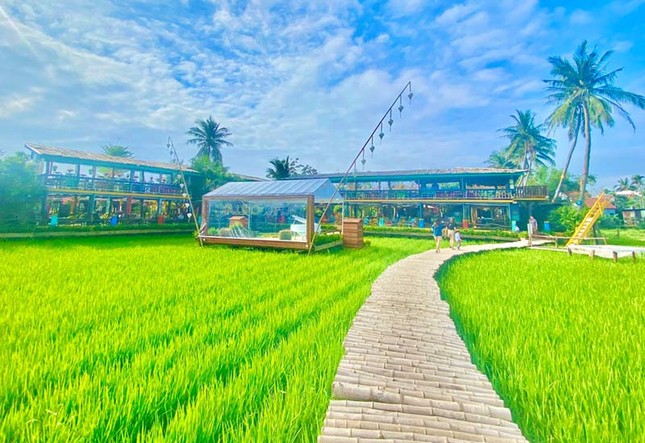
An illustrative example of a cafe situated amidst rice fields in Hoi An, Quang Nam.
Similarly, combining rice farming with a business model like a cafe can be highly profitable, with monthly revenue potentially surpassing that of annual rice sales. However, without a legal framework, such activities are considered illegal. In contrast, some poorer provinces have allowed the development of golf courses, residential areas, and industrial zones, which has boosted their economies.
Mr. Dinh acknowledges the importance of rice farming for national food security but emphasizes the need for a mechanism to protect the interests of rice farmers. He commends the 2024 Land Law for its focus on balanced development and the inclusion of provincial planning to designate rice-growing areas. This law also provides for budgetary support for these provinces through related laws.
The 2024 Land Law permits farmers to use agricultural land for both farming and commercial activities, provided they submit a plan to the managing authority to ensure proper oversight. This approach harmonizes the interests of all parties involved, including the state and the people. Farmers who benefit from using their land for commercial activities are expected to contribute a portion of their profits to the state budget.
A critical aspect is finding a balance between agricultural land usage and commercial activities while preventing the illegal construction of permanent concrete structures that cannot be reverted to their original state for rice farming. This is a delicate issue that straddles the line between permitted land usage and illegal land conversion.
Using Agricultural Land for Homestay and Farmstay Businesses
Regarding the proliferation of homestay and farmstay businesses without proper planning, Le Van Binh, Deputy Director of the Land Department (Ministry of Natural Resources and Environment), offered his personal perspective. He identified two approaches to developing these models: one where agricultural producers combine their operations with tourism, and another where tourism land is used for agricultural activities, which would be classified as commercial land use.
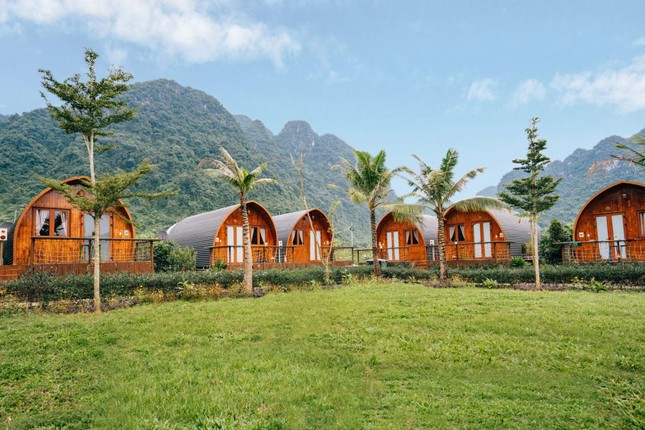
The uncontrolled development of homestays and farmstays without proper planning.
The 2024 Land Law, specifically Article 218, clearly permits the multi-purpose use of agricultural land to increase income, but only for combined purposes. The primary purpose remains agricultural, and there is no provision for changing the land’s usage category.
According to Clause 1, Article 218 of the 2024 Land Law, agricultural land can be used for multiple purposes, including commercial, service, livestock, and medicinal plant cultivation activities.
To qualify for multi-purpose land use, certain requirements must be met. These include: not changing the land type as classified in the relevant land documents; not compromising the ability to revert the land to its primary usage; not impacting national defense and security; minimizing ecological, biodiversity, and environmental impacts; not interfering with the usage of adjacent land parcels; fulfilling financial obligations; and complying with relevant laws.




